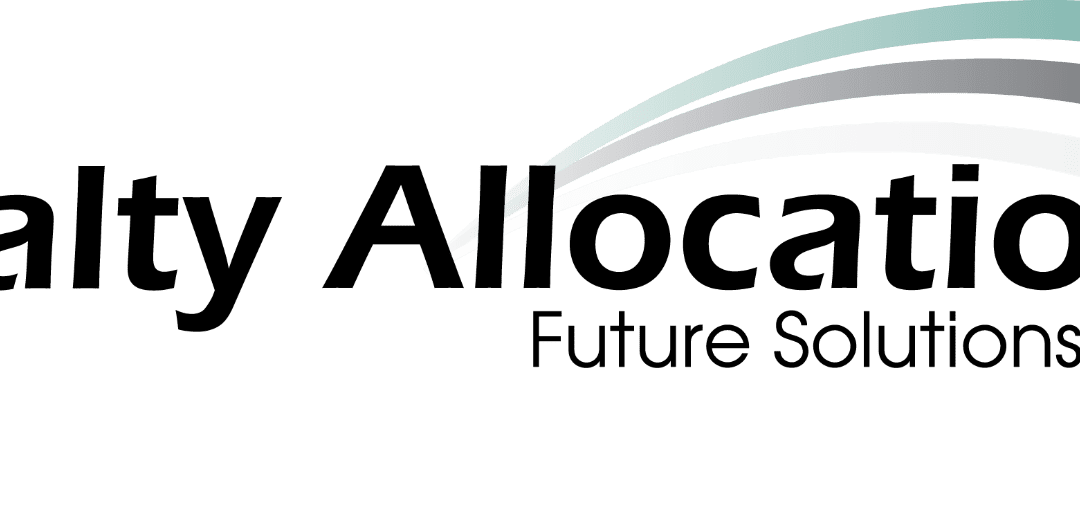Now offering Rehabilitation Vocational Services!
Starting January 1st, 2024
Services include but are not limited to:
Labor Market Survey, Job Analysis, Loss of Income Survey, Vocational Evaluation, Expert Witness
Unlocking Opportunities
The Benefits of Vocational Rehabilitation
Introduction:
Vocational rehabilitation plays a pivotal role in empowering individuals who have experienced setbacks due to injuries or disabilities, helping them reclaim their independence and re-enter the workforce. In the realm of insurance claims, the integration of vocational rehabilitation services has proven to be a game-changer, offering a myriad of benefits for both claimants and insurance providers alike.
Understanding Vocational Rehabilitation:
Vocational rehabilitation is a comprehensive and individualized process designed to assist individuals with disabilities or injuries in gaining or regaining the skills necessary for employment. This process encompasses a range of services including individualized testing, skill assessments, and assisting identifying adaptive equipment needs.
Conversely, despite all attempts or efforts to return a person to employment their disabilities may hamper their ability to return to gainful employment.
Type of Individual that would benefit from Vocational Rehabilitation:
Vocational rehabilitation services aim to help individuals with permanent disabilities or impairments to identify and overcome. The goal is to enable them to the best of their abilities. Claimants who may benefit from vocational rehabilitation include:
Individuals with Disabilities:
●People with physical disabilities, such as mobility impairments.
●Individuals with sensory impairments, such as visual or hearing impairments.
●Those with cognitive or intellectual disabilities.
●Individuals with mental health conditions.
Injured Workers:
●Individuals who have sustained work-related injuries and need support to return to the workforce.
Rehabilitation Clients:
●Individuals who have undergone medical treatments, surgeries, or rehabilitation and need assistance transitioning back to work from permanent limitations.
People with Chronic Health Conditions:
●Individuals with chronic health conditions that have had a permanent exacerbation impacting their ability to work may benefit from vocational rehabilitation services.
Limited Work History or Skills:
●Individuals with limited work experience or skills who face challenges in securing employment once an injury has occurred
Individuals Facing Economic Disadvantages:
●People facing economic disadvantages due to their disability may benefit from vocational rehabilitation to improve their financial stability.
Workers at Risk of Job Loss:
●Individuals whose medical conditions may impact their ability to perform their current job and are at risk of job loss may benefit from vocational rehabilitation to explore alternative career options.
Injuries to People That Require a Career Change:
●Individuals requiring a career change due to health-related reasons or disabilities may benefit from vocational rehabilitation to acquire new skills and transition to a different field.
Benefits to Claimants:
Restoring Independence:
Vocational rehabilitation empowers claimants by providing them with the tools and skills needed to regain control over their professional lives. This process fosters independence, boosting confidence and self-esteem.
Tailored Support:
Each claimant’s journey is unique, and vocational rehabilitation recognizes this diversity. Services are tailored to individual needs, ensuring that the support provided is specific and effective in addressing the challenges faced by the claimant.
Career Counseling:
Vocational rehabilitation often includes counseling, helping claimants identify their strengths, interests, and aptitudes. This not only facilitates successful reintegration into the workforce but also ensures that the chosen career aligns with the claimant’s abilities and aspirations.
Identify Skills:
Rehabilitation evaluation focuses on enhancing or retraining existing skills, making claimants more competitive in the job market. This aspect is particularly crucial in industries where technological advancements may have occurred during the claimant’s absence from the workforce.
Adaptive Technology and Equipment:
Vocational rehabilitation may involve the provision of adaptive technology or equipment to accommodate the specific needs of claimants. This ensures that physical or cognitive limitations do not impede their ability to perform tasks required in their chosen profession.
Conclusion:
Vocational rehabilitation stands as a beacon of hope for individuals navigating the challenges of permanent disabilities or injuries. The primary goal is to be able to provide every injured person an opportunity to benefit, restore as much independence as possible, opening doors to new opportunities, embracing vocational rehabilitation as a proactive and compassionate approach toward the well-being of those facing adversities.
For more information and/or pricing please contact:
●Michele Earney, VP of Operations via email mearney@specialtyallocations.com / C: (321)277-4143
●Marilyn R. Litwin, Senior Director Rehabilitation Consulting via email mlitwin@specialtyallocations.com / C: (386)216-5565
●Chava Litwin, Rehabilitation Consultant via email clitwin@specialtyallocations.com / C: (813)454-6252

